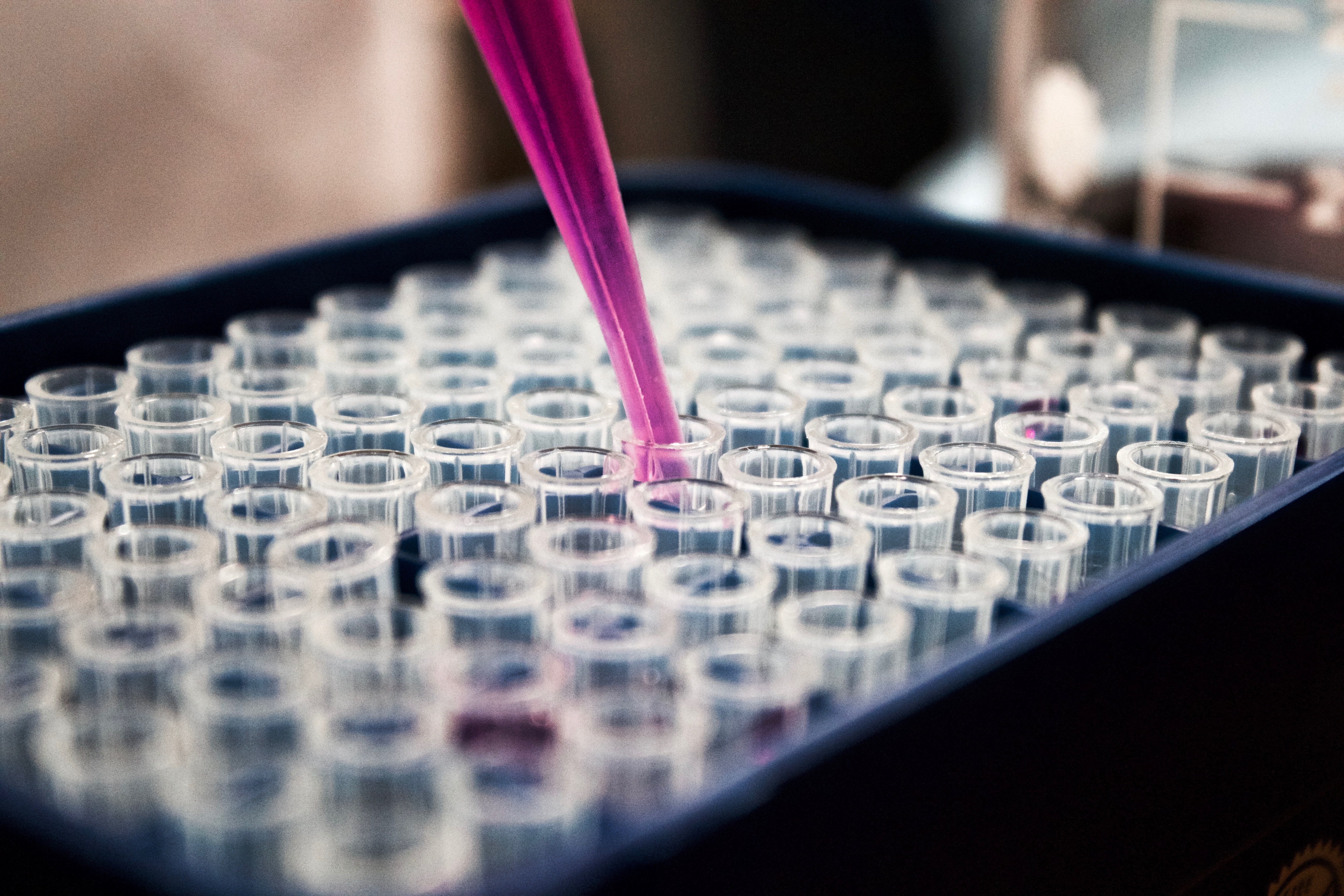Young Investigator Highlight: James Godfrey, MD
MOLECULAR REGULATION OF PD-L1 EXPRESSION AND ANTI-TUMOR IMMUNITY IN DLBCL
Although anti-PD-1 immunotherapy has revolutionized the treatment of a number of cancers, its effectiveness in diffuse large B cell lymphoma (DLBCL) is modest, with only 10-20% of patients benefitting from treatment. In order to accurately identify those DLBCL patients that will respond to anti-PD-1 therapy, this research proposal aims to validate the use of PD-L1 gene amplifications as a predictive biomarker of response to anti-PD-1 treatment in a prospective clinical trial. Cutting-edge research analyses will be conducted during the study, including tracking the genetic evolution of DLBCL in response to anti-PD-1 therapy through serial circulating tumor DNA assessments.
In addition, in a separate aim, we will also conduct an in-depth bioinformatic analysis of over 1,000 DLBCL samples to identify whether certain cancer- specific pathways actively impair anti-tumor immune responses. The identification of key targetable pathways in DLBCL that regulate anti-tumor immunity will advance our understanding of the factors that shape the immune landscape in DLBCL, and will ultimately guide the development of next-generation studies testing anti-PD-1 therapy with relevant and rationally targeted therapies in relapsed DLBCL.
glossary of terms
PD-1
A protein found on T cells (a type of immune cell) that helps keep the body’s immune responses in check. When PD-1 is bound to another protein called PD-L1, it helps keep T cells from killing other cells, including cancer cells. Some anticancer drugs, called immune checkpoint inhibitors, are used to block PD-1. When this protein is blocked, the “brakes” on the immune system are released and the ability of T cells to kill cancer cells is increased.
Diffuse Large B Cell Lymphoma (DLBCL)
A type of B-cell non-Hodgkin lymphoma (cancer of the immune system) that is usually aggressive (fast-growing). It is the most common type of non-Hodgkin lymphoma, and is marked by rapidly growing tumors in the lymph nodes, spleen, liver, bone marrow, or other organs. Other symptoms include fever, night sweats, and weight loss. There are several subtypes of diffuse large B-cell lymphoma.
Immunotherapy
A type of therapy that uses substances to stimulate or suppress the immune system to help the body fight cancer, infection, and other diseases. Some types of immunotherapy only target certain cells of the immune system. Others affect the immune system in a general way. Types of immunotherapy include cytokines, vaccines, bacillus Calmette-Guerin (BCG), and some monoclonal antibodies.
Source: www.cancer.gov




